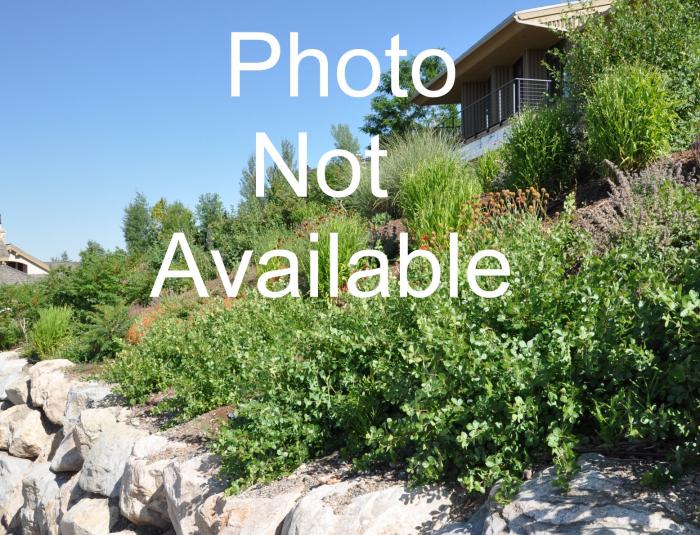| Botanical Name: Calamagrostis brachytricha | |
| Common Name: Korean Reed grass |

-
Anatomy
-
Culture
-
Design
Plant Type
Perennial, Grass
Height Range
1-3', 3-6'
Flower Color
Pink, Purple
Flower Season
Summer, Fall
Leaf Color
Green, Dark Green
Bark Color
n/a
Fruit Color
n/a
Fruit Season
n/a
Sun
Full, Half
Water
Medium, Extra in Summer
Growth Rate
Moderate
Soil Type
Sandy, Clay, Loam
Soil Condition
Average, Rich, Poor, Well-drained
Soil pH
Neutral, Basic
Adverse Factors
n/a
Design Styles
Japanese, Meadow, Mediterranean, Seascape, Spanish, Water Garden, Woodland
Accenting Features
Showy Flowers, Unusual Foliage
Seasonal Interest
Summer, Fall
Location Uses
Background, Entry, Perennial Border, Shrub Border, Foundation, Raised Planter, With Rocks
Special Uses
Cut Flowers, Hedge, Mass Planting
Attracts Wildlife
Birds
Information by: Stephanie Duer
Photographer:
Photographer:
-
Description
-
Notes
Another wonderful reed grass, Korean reed grass has a looser habit than either 'Karl Foerster' or 'Overdam.' It grows 2 to 4 feet tall and 3 to 4 feet wide. Flower spikes emerge from late summer to early fall, arching up and out, giving the grass a fan-like shape. Flowers emerge green, but pink-up over the summer, and turn wheat-colored in the fall. Flowers are fluffier than on other reed grasses.
Grow in full sun to part shade in nearly any soil, as long as it is well-drained. Cut back in late winter to early spring (see Guides). This species of reed grass needs a bit more water in the hottest summer months.